Initially hailed as a boundless realm of opportunity destined to revolutionize information access and societal connections, the World Wide Web promised to shrink the world. Its potential seemed limitless, far beyond what anyone could foresee. However, alongside its myriad benefits emerged an unforeseen drawback commonly referred to as the “time suck” – an activity that consumes significant time, often at the expense of more productive pursuits. Social media often takes the fall for being a major contributor to unproductive time consumption. However, the reality is that both students and professionals face the challenge of completing their projects and assignments amidst these distractions. The remedy lies in embracing a digital detox.
According to the American Academy of Ophthalmology, the average American’s attention span has decreased to 8 seconds, which is lower than the attention span of a goldfish. Many attribute this trend to the impact of digital devices and sensory overload.
- About 61 percent admit to being addicted to the internet and their devices.
- A third of people would rather clean their toilets than their email inboxes.
- One out of 10 Americans report depression; heavy internet users are 2.5 times more likely to be depressed.
- The average employee checks 40 websites a day, switching activities 37 times an hour, and changing tasks every two minutes.
- However, only 2 percent of people can actually multitask without a decline in performance.
- Roughly 60 percent of people say a traditional vacation does not relieve their stress.
The solution lies in undertaking a Digital Detox. Embracing this practice can significantly enhance your quality of life. By deliberately stepping away from technology for a designated period, you can alleviate stress, enhance sleep quality, diminish the fear of missing out (FOMO), and boost productivity, creativity, and attention span. A digital detox encourages focusing on the present moment and the tasks at hand, ultimately reducing distractions and amplifying concentration, making your efforts more impactful and effective.
Wondering how to kickstart your detox journey? It’s all about tailoring the process to fit your unique needs. While some individuals may opt for a complete detox, cutting out all apps and scrolling entirely, this approach can feel overwhelming for many, especially considering our reliance on smartphones for community connections. A more achievable starting point is embracing a gradual detox. Begin by simply leaving your phone in another room when working, studying, or socializing. Then, gradually reduce the number of social media apps you use and how frequently you engage with them. Consider setting limits on your phone usage, gradually decreasing the allotted time each week. By taking these small steps, you can ease into a healthier relationship with technology at your own pace.
Before you know it, your time will be yours to command once more. You’ll regain a sense of control over your ability to focus and achieve your projects with greater efficiency.
